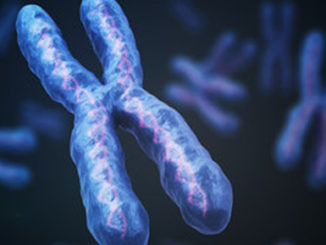Does A Slow Cellular Metabolism Speed Up Aging?
Aging is a universal human reality. Concern regarding aging—and a collective aversion to it—has even generated entire industry segments dedicated to anti-aging products, from expensive supplements through pricey lotions. People are afraid of the issues that can come up with advanced age: cancer, cognitive decline, wrinkles and age spots, mobility issues, sexual dysfunction, and any number of other impediments to daily life and ongoing vigor. Scientists want to understand the way aging is reflected in cells, for two key reasons. [more…]











